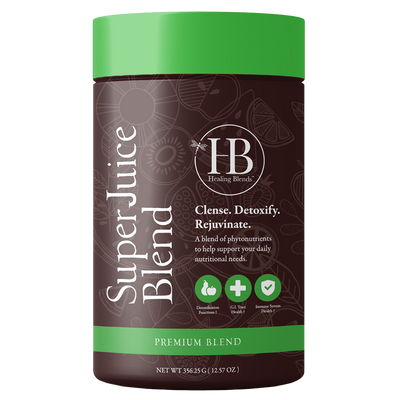Intermittent Fasting – Eating simply or simply eating?
Fasting is defined as “the willing abstinence or reduction from some or all food, drink, or both, for a period of time.” It is practiced for multiple reasons, including detoxifying (cleansing) the body, losing weight, treating a medical condition or even conforming to the practices of a religion.
Intermittent fasting is one of the most common types of fasting. Also known as intermittent energy restriction or intermittent calorie restriction, intermittent fasting is a pattern of eating that involves regular fasting. It does not indicate which foods you should eat, but rather when you should eat them.
Yet, intermittent fasting is not a new concept. It dates back centuries and even plays a major role in many religions and practices today.
There is no one-size-fits-all approach
There are many different variations of intermittent fasting. Each adheres to a unique pattern of eating in order to achieve specific physical or even spiritual outcomes.
The type of fast you choose should be appropriate for your current level of health, your body chemistry, as well as your individual physical needs.
That being said, the most common types of intermittent fasting diets include:
16/8 Intermittent Fasting – Restricting the consumption of foods and beverages to 8 hours per day and fasting for the remaining 16 hours. During the eating window, it is important to eat mostly healthy foods for optimal results.
5:2 Diet – Eating normally for 5 days of the week and then fasting for 2 days. Also known as the Fast Diet, the 5:2 diet recommends that women consume 500 calories and men consume 600 calories on fasting days.
Alternate-Day Fasting – Fasting every other day (a 24-hour fasting period followed by a 24-hour non-fasting period). There are various versions of this specific diet.
Eat-Stop-Eat – Fasting for 24 hours, either once or twice a week. No solid foods are allowed during the fast – only water, coffee, and other zero-calorie beverages.
Warrior Diet – Fasting during the day and eating a huge meal at night. It emphasizes consuming small quantities of raw fruits and vegetables during the day, and then “feasting” at night.
Spontaneous Meal Skipping – Skipping meals at one’s convenience. This diet is not intended to starve the body. It is instead seen as a “natural” way to skip meals every now and then when you are not feeling hungry or you do not have time to eat.
Hacking Good Health and Longevity
In recent years, intermittent fasting has become a very popular health trend making its way around the globe. According to findings from numerous studies conducted in both animals and humans, it is claimed to exude powerful benefits for both the mind and body.
The top 10 health benefits of intermittent fasting include:
Promising findings support the notion that intermittent fasting can do wonders for your physical and mental health, as your body is not programmed to be continuously fed. However, research is still in its early stages and many questions have yet to be answered relating to human studies.
The Choice of a Healthier Lifestyle
Despite the fact that intermittent fasting has spurred a health revolution, it is not for everyone. For instance, it may be a poor choice for individuals who are prone to eating disorders or for those who suffer from certain existing medical conditions.
Having said that, intermittent fasting is not something that anyone needs to do, but rather something that can be useful for some individuals who see room for improvement.
If you decide to try it out, bear in mind that food quality, calories, and consistency are of the utmost importance. Consider eating a healthy diet that you can stick to in the long run, as well as scheduling your meals in a way that allows you to get the most out of them.
Eating healthy is a simple thing to do, although it can be hard to maintain. This is one of the reasons why intermittent fasting has gained such a massive following. It simplifies your life by relieving you of planning, cooking or cleaning up after as many meals as before, all the while improving your health.
Bonus: Watch Dr. Ware's Video "Three Tips to Improve Your Health" and find out how he sticks to his health goals!
References:
The 5:2 Fast Diet"Intermittent Fasting 101 — The Ultimate Beginner's Guide" via Healthline
"6 Popular Ways to Do Intermittent Fasting" via Healthline
"7 Proven Intermittent Fasting Benefits" via The Healthy
"Types of Fasting" via All About Fasting
"Intermittent Fasting" via Lambda Strength
"7 Benefits of Fasting and the Best Types to Try for Better Health" via Dr. Axe
"The Real Benefits of Intermittent Fasting" via Genuine Health
"What Is Intermittent Fasting And Is It Actually Good For You?" via Time
"Beneficial Effects of Intermittent Fasting and Caloric Restriction on the Cardiovascular and Cerebrovascular Systems" via The Journal of Nutritional Biochemistry
"Intermittent Fasting: The Choice for a Healthier Lifestyle" via Cureus

























